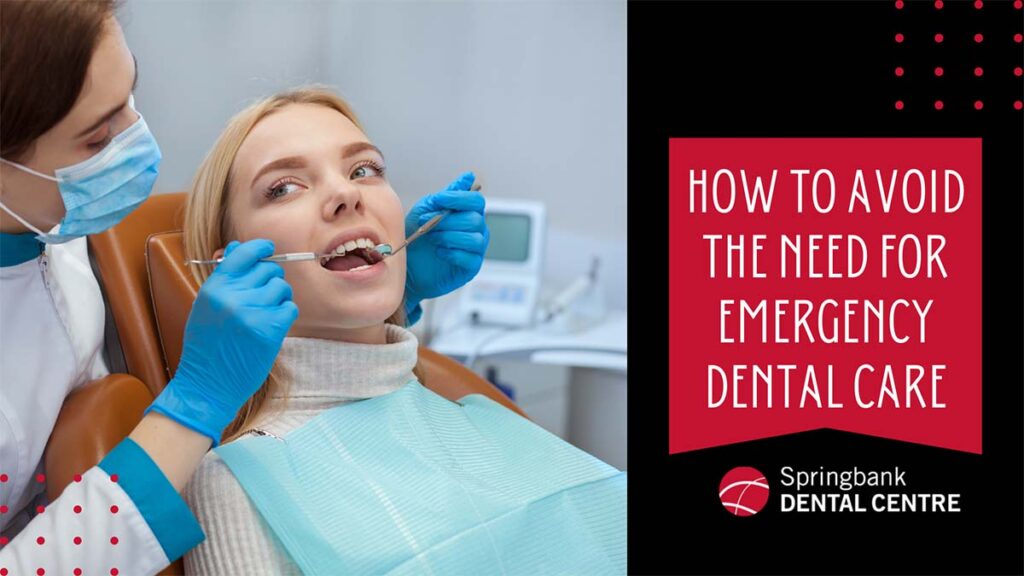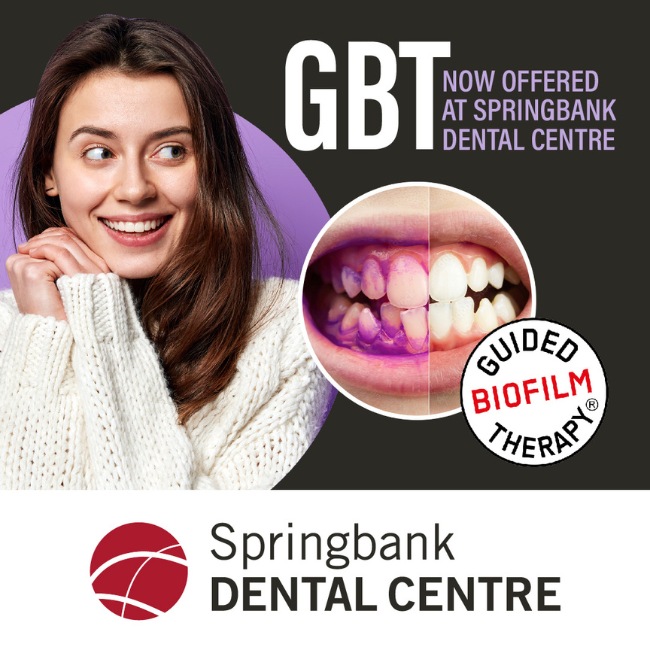Dental emergencies can be frightening, unpleasant, and, in some situations, quite costly.
Unexpected dental issues, such as a toothache, chipped tooth, or knocked-out tooth, can disrupt your day and lead to more significant health concerns if not addressed promptly.
The good news is that adequate care and precaution can reduce the risk of developing them. Let’s talk about some strategies in this post.
Commit to a Solid Oral Hygiene Routine
Keeping a consistent oral hygiene routine is one of the simplest ways to protect your oral health against emergencies. Include these habits in your checklist:
- Proper brushing. Brushing at least twice a day helps remove plaque and food particles from the teeth and gums. Use gentle hands as too much pressure can cause gum recession and enamel erosion. Pay attention to all tooth areas and consider using fluoride toothpaste to strengthen the enamel.
- Daily flossing. Flossing at least once daily prevents food debris and plaque from settling on areas your toothbrush cannot reach. Floss comes in several types. Try them to see which one you feel most comfortable with. Or seek assistance from your dental team to identify suitable dental care tools.
- Using antibacterial mouthwash. Boost your routine by gargling with an antimicrobial mouthwash. This helps reduce bacteria that can lead to plaque and gum disease. Note, however, that rinsing isn’t a substitute for brushing or flossing. If you have a dry mouth, you may want to choose an alcohol-free mouth rinse to avoid aggravating symptoms or oral irritations.
Ensure Regular Dental Check-ups and Cleanings
Schedule frequent checkups with your dentist so they can monitor your oral health.
Children and adults should visit the dentist at least twice annually for routine cleanings. These appointments allow your dentist to identify and treat minor issues before they progress and cause major discomfort.
While emergencies cannot be completely avoided, the risks of oral health issues are reduced with regular dental visits. Your dental team can also guide you on a proper home care routine to keep potential issues at bay.
Pay Attention to Your Diet
Your diet can affect your oral health, so paying more attention to your food choices can help prevent getting caught in situations needing urgent care. Here are some steps to help you get started:
- Reduce sugar intake. Sugary foods and drinks contribute to tooth decay. Reduce sweet and starchy food consumption and incorporate healthier snacks and beverages into your meal plans.
- Avoid hard and sticky foods. Hard or sticky foods can cling to the dental work and damage them. Avoid or consume them occasionally and be mindful when you do.
- Stay hydrated. Drinking water helps to flush out food particles and bacteria, and keeps them from lingering in your mouth. It also increases saliva production, promotes enamel remineralization, and protects against tooth decay.
Wear Protective Oral Device
In one study, trauma due to sporting events accounted for one-third of facial injuries, half of which are traumatic dental injuries.
Wearing mouthguards during sports or recreational activities can protect you against tooth and mouth injuries. This is especially beneficial for children and teenagers who play contact sports.
A ready-to-use mouthguard from the pharmacy isn’t as effective as a custom sports mouthguard at the dental office. The latter is much more comfortable because they’re tailored to the wearer. They fit better and hence can provide maximum protection.
Teach and Supervise Children
Raising awareness and knowing how to handle a dental emergency should one arise is also important.
For example, if a tooth is knocked out, keeping it moist by placing it back in its socket, in milk, or between your cheek and gums can be crucial for successful re-implantation. Not chewing on hard objects or using teeth as tools can also help prevent dental emergencies.
Incorrect responses can cause problems to escalate or reduce the chances of successful treatments.
Instilling in kids the importance of receiving dental care early on also helps. Show your commitment to a solid oral hygiene routine and supervise them to ensure safe and correct flossing and brushing habits.
Emergency Dental Care in Southwest Calgary, Alberta
Regular dental care can save you the discomfort and cost of emergency care, so stay vigilant about your oral health. In addition, a healthy diet, safety precautions while playing sports, and knowledge can all minimize the need for urgent medical attention.
If you’re seeking emergency dental care in Southwest Calgary AB, Springbank Dental can assist you. strongPlease get in touch with our team to provide further details regarding your dental concern. Let us work together to address it and help you feel better.




